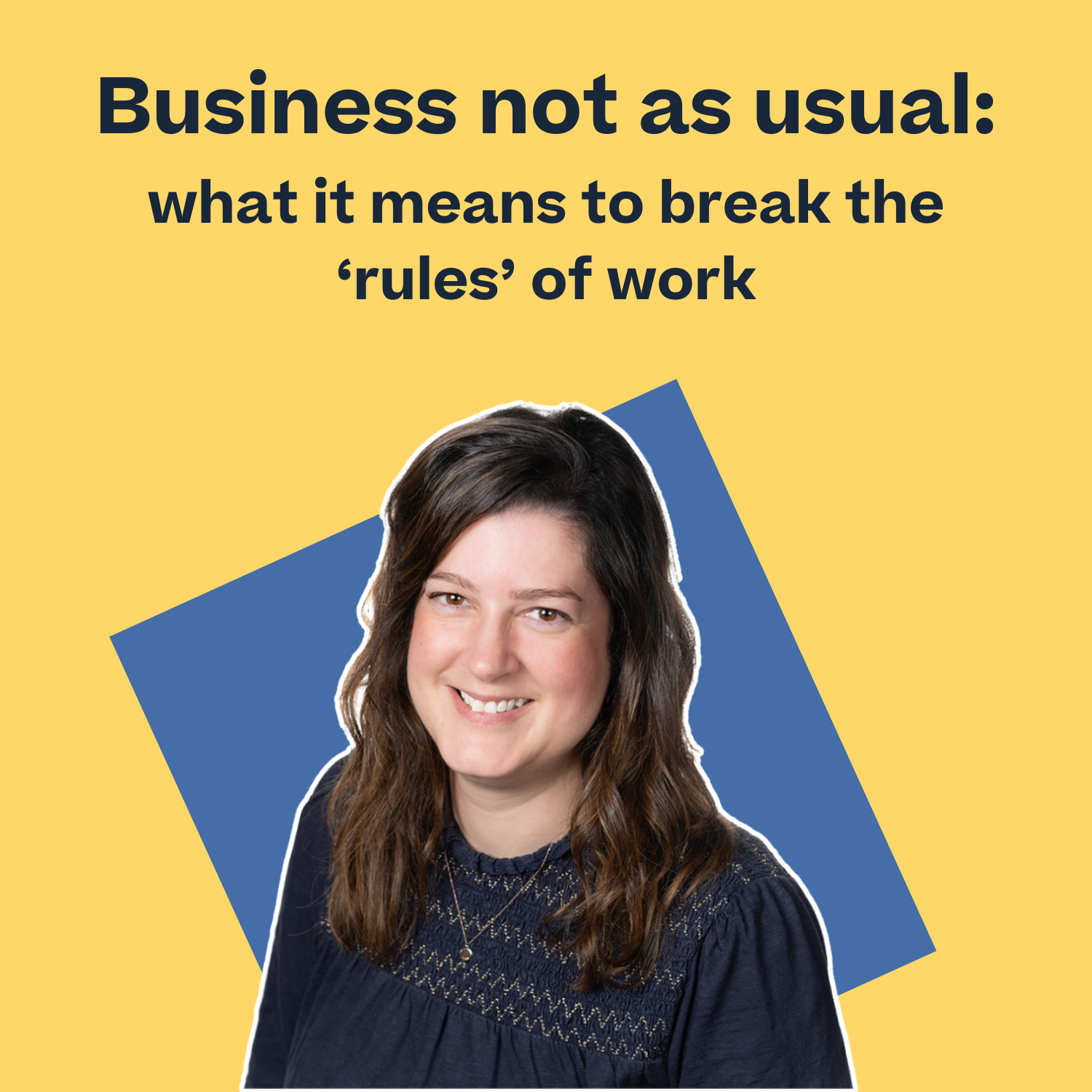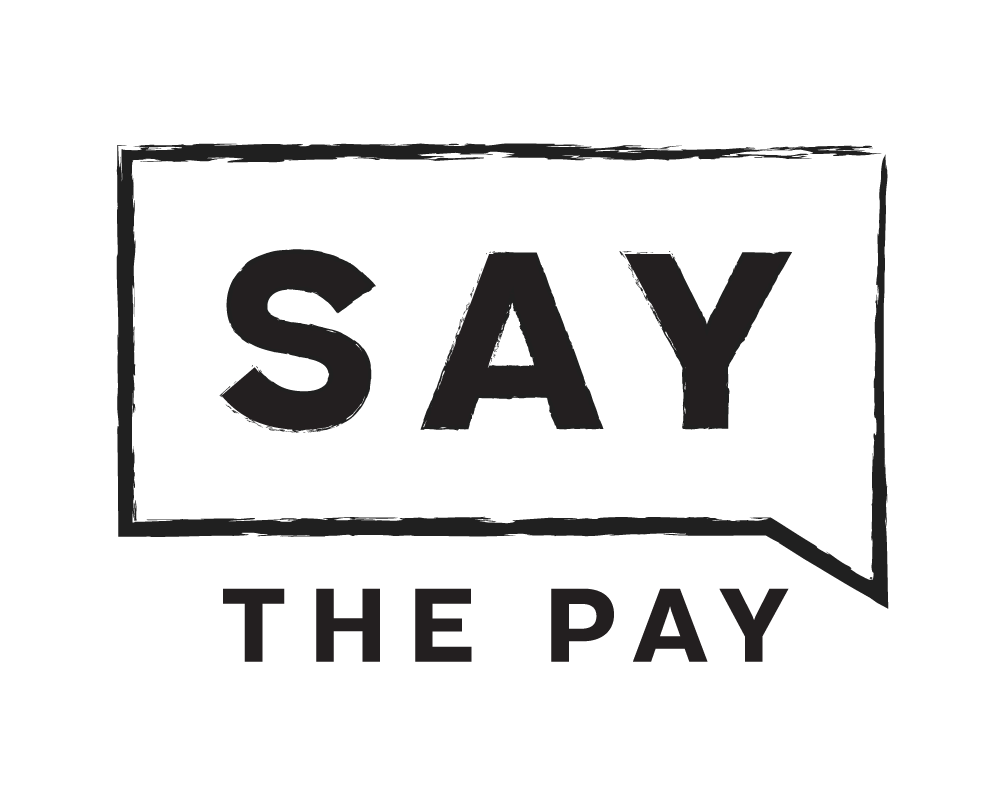News • 23/09/20
Reworking working culture


Work not as normal.
The collective pause that Covid-19 has imposed on us all has brought with it a unique opportunity to reflect on some of our most long-held professional practices, and to rethink what it means to work efficiently. Put bluntly, it’s given us the chance to chuck some well-established but mightily outdated assumptions where they belong – in the shredder.
As a relatively small and new company, we aren’t bound by the shackles which burden other workplaces. We have the flexibility to change the rules, start afresh and spend time developing a set-up which works best for everyone. This flexibility has got us thinking about some of the key principles which define workplace culture. What should we keep, what should we adopt and what should we get rid of?
Do we need to have a physical office?
In a recent poll shared on our Instagram, LinkedIn and Twitter pages, we asked our followers whether they think it’s time to forgo the office as the primary work location. Unsurprisingly, the result was: ditch, ditch, ditch.
One of the upshots of the pandemic is that it’s provided a collective litmus test for the viability of mass home working. Many companies previously viewed the notion of remote working with a degree of suspicion. Can staff really be relied upon to focus when the devilish temptation of a comfy bed is just one room away? The answer is, of course, yes.
Covid-19 has given many the opportunity to prove that they can be just as productive in their home environment as in the office, with the added benefit of a travel card-free, 10-metre commute. Remote working has allowed people to claw back control of their time and to restructure their day in a way which places increased emphasis on time spent with family and friends – which, if you think about it, is how things should be.
Of course, home working is a double-edged sword. When your home and your office are one and the same, there’s the danger that it becomes tricky to entirely switch off. And there’s certainly real value in interacting with colleagues with a greater degree of intimacy than a video call permits, for social and creative reasons.
As with most things, a healthy balance is key – we access a physical office space when we need it, but our team choose where and how they work.
Home working is here to stay in one way or another – and on balance, we’re pretty pleased about that.
Is a set holiday allowance really necessary?
We also asked people whether it’s time to rethink the traditional idea of providing staff with a set number of holiday days. The results for this question were varied; on millennial-hangout Instagram we saw an almost 50-50 yes/no split, but on the more corporate LinkedIn, just 11% of respondents voted for ‘ditch’.
Many tech giants (think Twitter, Netflix and LinkedIn) famously provide their employees with unlimited holiday days. But research shows that this doesn’t necessarily lead to a more refreshed workforce.
Instead, it can create a culture of unfairness, with some employees taking far more days off than others. It can also discourage people from booking leave as they don’t want to look like they’re taking advantage of the system.
Long after you return from a holiday and your glorious tan has faded, you can still feel its residual benefits. Whether you’re jetsetting or staycationing, taking a break from work is essential for avoiding burnout, stepping away from the stresses of everyday life and reconnecting with the people and places you love.
The value of holidays cannot be overstated, and we don’t want to run the risk of our team not taking the breaks they deserve. For that reason, we’re planning to stick to a set holiday allowance – but a flexible and generous one at that.
Salaries – should we keep them private?
British sensibilities and immense awkwardness are not to be underestimated. And, if there’s one thing that Brits are particularly squeamish about discussing, it’s their salaries.
For generations, we’ve kept our salaries private, tricking ourselves into thinking we’re playing a part in maintaining the social fabric of the company we work for. If we were to reveal our incomes, a nightmarish Pandora’s Box scenario would ensue, with everyone challenging their perceived value and receiving resulting threats from HR.
Or would it?
The truth is that pay transparency can be helpful for both employees and the organisations they work for. According to Forbes, keeping salaries a secret decreases motivation and performance, while sharing salaries can lead to increased performance and dramatic reductions in discrimination. That’s hard to argue with, right?
We weren’t surprised to see this thinking reflected in our social media poll. On Instagram, 64% of respondents said it was time to make salaries public, while on Twitter not one person voted to keep them private.
As Jack & Grace continues to grow, publicising salaries is something we’ll definitely be considering. To make our fledgling company as diverse and fair as possible, we know we need to prioritise transparency – even if that leads to some difficult conversations.
Do we need to be working Monday-Friday?
Finally, we asked our social media followers whether we should be calling time on the traditional working week. On Instagram, results were split 50%, however half our Twitter respondents said ‘ditch’ with a further 28% declaring that they’d like to see some sort of change.
Some of our followers even left comments calling for a rethink of set working hours too, following in the footsteps of our Scandi neighbours where a six-hour working day is the norm for many businesses (sorry, Dolly Parton!).
Studies show that giving employees the flexibility to choose their own hours and shortening the working day leads to greater productivity, reduced absenteeism and a lower turnover rate. Rather unsurprisingly, spending hour after hour behind a desk doesn’t improve your performance – but can in fact do the opposite. That’s why we’re major proponents of compressed working hours and flexi hours at Jack & Grace.
Forced to adapt to an ever-shifting set of circumstances brought on by the pandemic, we’ve been able to look more objectively than ever before at the set of norms and preconceptions which govern the way that we do our jobs.
Again, it’s a question of getting the balance right. We need to work with our clients, so they get what they need from us when they need it. But that can be done, with strong internal communications and team spirit.
Going forward, we’re excited to throw out the rule book and create a workplace where employee satisfaction is front and centre.



